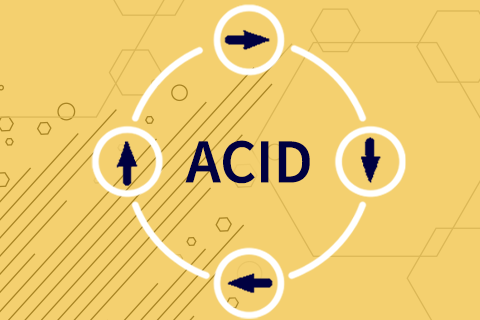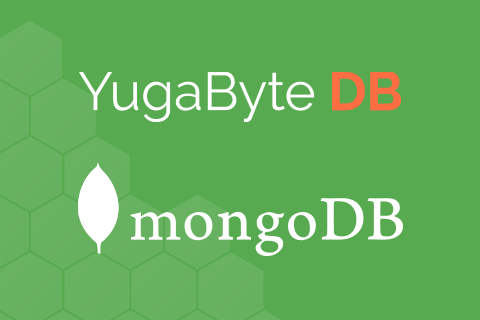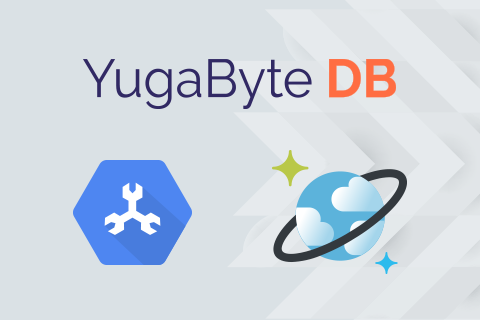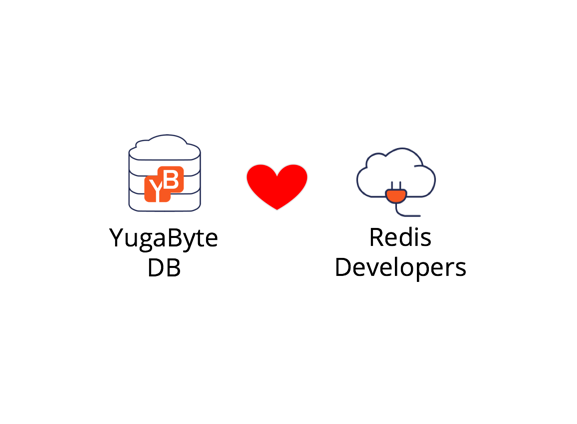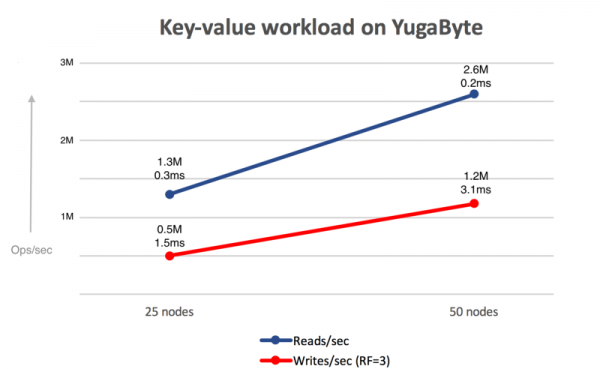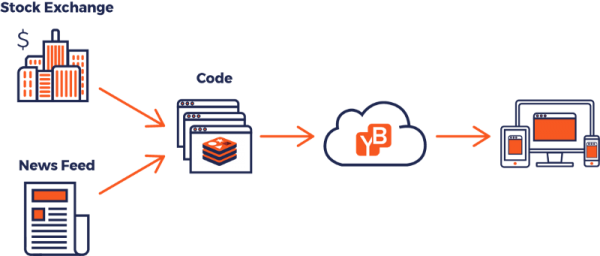Announcing YugabyteDB 1.0!
Team Yugabyte is delighted to announce the general availability of YugabyteDB 1.0!
It has been an incredibly satisfying experience to, in just two years, build and launch a cloud-scale, transactional and high-performance database that’s already powering real-world production workloads. I wanted to take a moment to share our journey to 1.0 and the road ahead.
The Inspiration
Modern user-facing applications are increasingly moving to a multi-region,
…

